Explore fully funded United Nations training programmes requiring no prior experience. Learn about available courses, eligibility criteria, benefits, and how to apply for UN capacity-building opportunities in 2025–2026.
The United Nations continues to expand global access to high-impact training programmes designed to equip young people, professionals, and aspiring changemakers with essential skills for global development. These programmes require no prior work experience, making them ideal for students, recent graduates, beginners, or anyone seeking to build foundational knowledge in international development, diplomacy, peacebuilding, climate action, and humanitarian work.
These UN training programmes are offered online and in-person through various UN agencies, allowing participants from all regions to gain high-quality learning, build credibility, and access future career opportunities.
Why the UN Offers Training for Beginners
The UN aims to ensure that global learning is inclusive, equitable, and accessible. Many individuals who wish to contribute to global issues lack the technical or professional background traditionally required for advanced UN roles. These entry-level programmes close that gap.
The UN provides these “no experience required” programmes to:
- Develop future global leaders
- Strengthen local and international capacities
- Train youth to address global challenges
- Build skills relevant to the Sustainable Development Goals (SDGs)
- Increase access to UN knowledge and resources globally
These programmes help participants build confidence, skills, and foundational understanding of major UN priority areas.
For more opportunities like these, be sure to follow us on Facebook, join our WhatsApp Group and Channel, and connect with us on LinkedIn.
Popular United Nations Training Programmes (No Experience Required)
Several UN agencies offer recurring beginner-friendly training opportunities. Below are some of the most accessible and well-known programmes.
1. United Nations Institute for Training and Research (UNITAR) Free Online Courses
UNITAR offers self-paced and instructor-led courses covering:
- Human rights
- Climate change
- Multilateral diplomacy
- Gender equality
- Peacekeeping
- SDGs
Most courses require no experience, and many provide digital certificates upon completion.
2. UNESCO Capacity-Building and Skills Development Training
UNESCO provides free and low-cost training related to:
- Education systems strengthening
- Digital literacy
- Youth leadership
- Culture and heritage protection
- Media and information literacy
These programmes aim to empower young people and communities with practical, job-ready skills.
3. UNHCR Online Training and Protection Learning Programme
Designed for those interested in humanitarian work, UNHCR’s entry-level courses cover:
- Refugee protection
- Humanitarian response
- Community engagement
- Emergency operations
Participants can complete these courses from home, with no prior background needed.
4. FAO E-learning Academy (Free Certificates)
The Food and Agriculture Organization provides beginner-friendly training on:
- Food security
- Nutrition
- Climate-smart agriculture
- Rural development
- Sustainable livelihoods
Certificates are awarded free after passing course assessments.
5. WHO Health Education and Preparedness Training
The World Health Organization offers introductory global health courses on:
- Disease prevention
- Public health fundamentals
- Emergency response
- Health systems strengthening
Most trainings are open to all, regardless of past experience.
6. ILO Online Training for Decent Work and Labour Standards
The International Labour Organization’s free training covers:
- Employment policies
- Youth entrepreneurship
- Labour migration
- Gender equality in the workplace
- Occupational safety and health
Courses include e-certificates and are suitable for beginners.
Key Benefits of UN Beginner Training
1. No Experience Required
Anyone—from students to jobseekers—can join.
2. Free or Low-Cost Certification
Many programmes offer verified certificates recognized globally.
3. Fully Online Options
Learners can join from anywhere in the world.
4. Career Pathway to UN Jobs
Training helps build the foundation needed for internships, volunteer programs, and entry-level UN roles.
5. Access to Global Experts
Some courses include live sessions with UN professionals and international trainers.
6. Networking and Community Engagement
Participants often join global cohorts and gain exposure to international peers.
Who Can Apply?
Eligibility varies slightly by programme, but generally includes:
- Students
- Recent graduates
- Youth (18–35)
- Community leaders
- Individuals transitioning careers
- Anyone passionate about global development
No previous job experience is required for most training programmes.
How to Apply
Application processes vary by UN agency, but typically involve:
- Visiting the official website of the agency offering the training
- Creating an online account
- Selecting the training programme of interest
- Completing the application or enrolling directly
- Confirming participation and following the course instructions
Most programmes accept participants year-round.
APPLY NOW
For more opportunities like these, be sure to follow us on Facebook, join our WhatsApp Group and Channel, and connect with us on LinkedIn.
Tips for Success
- Choose trainings related to your long-term career goals
- Complete assignments on time
- Engage in forums and discussions
- Download certificates for your portfolio
- Use your training experience to apply for internships or volunteer roles
Frequently Asked Questions (FAQ)
1. Are UN training programmes free?
Many are free, especially those offered by UNITAR, FAO, WHO, and UNESCO. Some specialized trainings may have fees.
2. Do I need experience to enroll?
No. These programmes are designed for beginners.
3. Do I get a certificate?
Yes. Most UN agencies issue certificates upon successful completion.
4. Can I join from any country?
Yes. Most online programmes are open to global applicants.
5. Do these trainings guarantee a UN job?
No, but they significantly strengthen your profile for internships, volunteer roles, and entry-level positions.
6. Are there age limits?
Most entry programmes accept participants aged 18 and above.
7. How long do the courses last?
Course duration ranges from 2 hours to several weeks, depending on the programme.
Keywords
United Nations training programmes, UN free courses, no experience required UN training, UNITAR online courses, FAO e-learning, UNESCO training, WHO public health training, UN beginner programmes, UN online certification, global development training
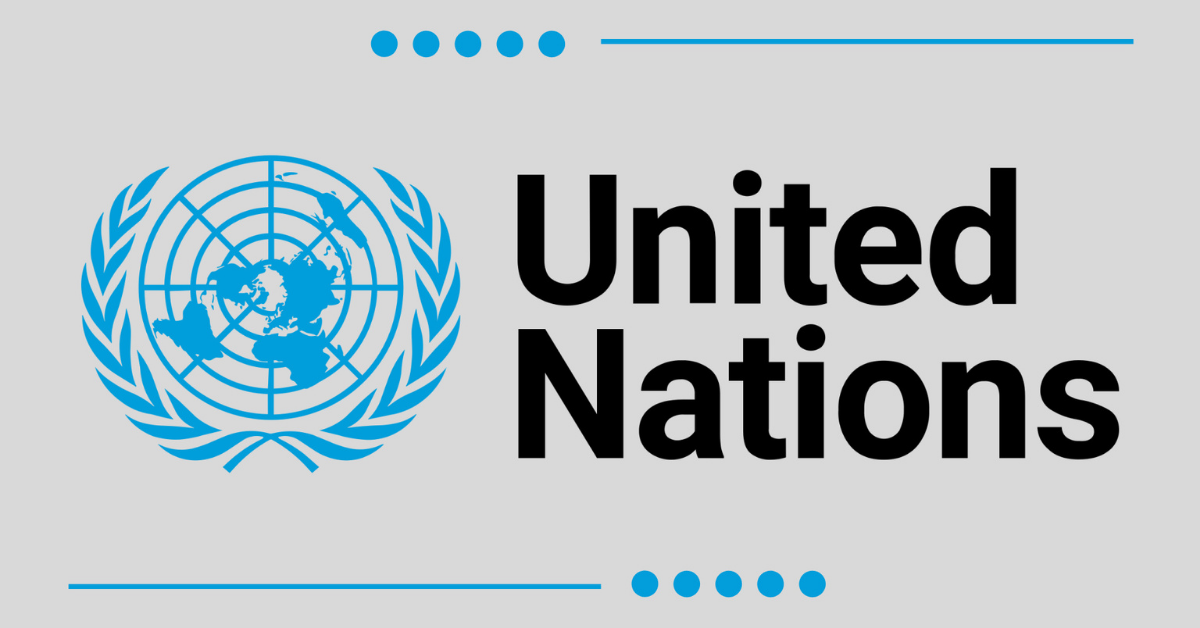
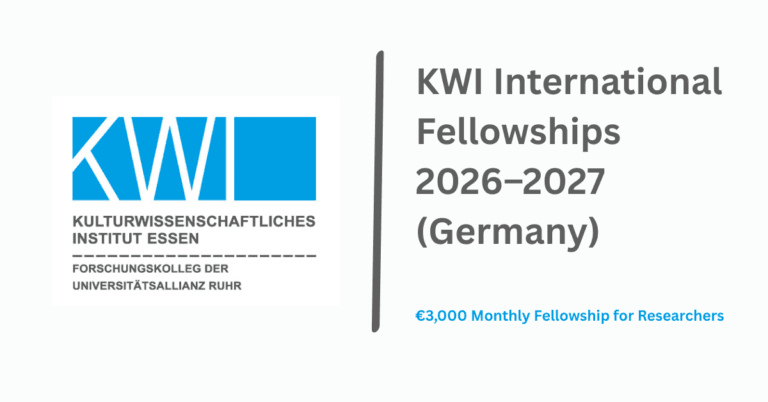
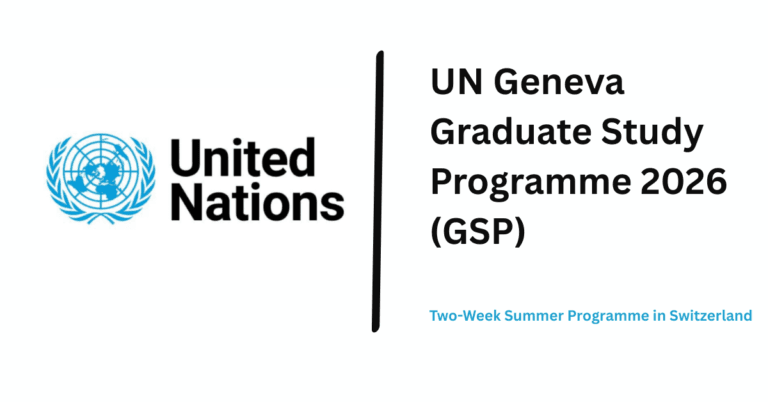
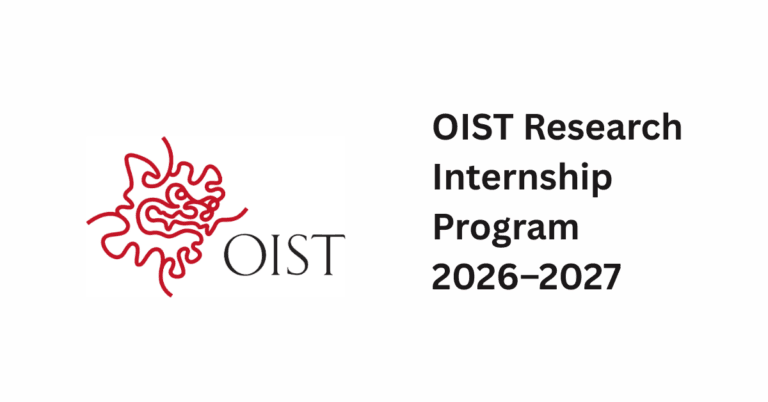
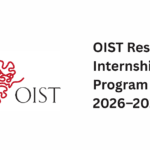
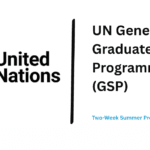
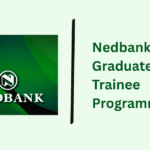
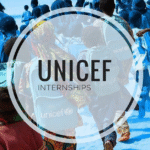
i need this program please help this course
“I am very interested in joining United Nations training programmes, and I truly hope to participate and benefit from these opportunities. I believe these trainings will help me develop my skills, gain international knowledge, and prepare for future global career
Hsgdgg
I need this programme
Your email address will not be published. Required fields are marked *
Name *
Email *
Comment *
Post Comment